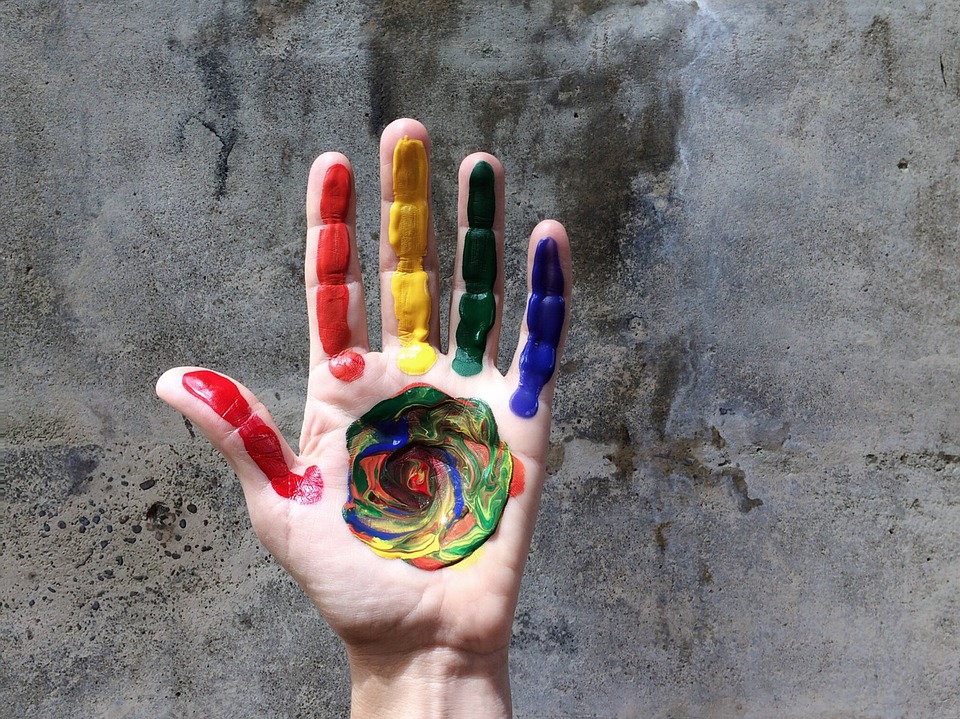Tasha discusses the recent attacks on actor Jussie Smollett, and the
We are living in the 21st century, a time of unprecedented advances in technology, increased equality and international communication – and yet the rates of hate crime and prejudice are rising with a terrifying momentum.
Recently, Jussie Smollett, a black and openly gay singer and actor, was attacked by two men who shouted racial and homophobic slurs, poured an unknown chemical substance over him, and put a rope around his neck.
The incident became even more controversial when many began accusing Smollett of making up the attack as a way of making MAGA supporters look bad, using the phenomenon of ‘fake news’ to rationalise their claims. In our digital age it seems like anything that is not recorded, simply did not happen.
The Chicago police have stated that they have no reasons to disbelieve Smollett, and that he is a victim and will be treated as such.
This incident raises a wider question about the responsibility of the media to report and highlight these issues in an honest, transparent way. Misinformation is an epidemic and the resulting mistrust of media brings everything into question.
This worldwide issue contributes to the suffering of many. For example, in Chechnya, gay men are rounded up, and tortured? Probably not, as large-scale coverage of this in Western media is scarce.
84% of Trans youth self-harm, compared to 10% of the whole population, and 45% attempt suicide at least once.
We are living in a world where these attitudes and actions are not only expected but are even condoned. In the US, Donald Trump is yet to condemn or speak about the hate crime Jussie Smollett suffered, and while Trump has not yet literally ordered the hunting down of LGBTQ+ people and racial minorities, his attitude of hatred and disrespect endorses these attacks. His presidency has been said to hark back to a time before the civil rights movement. By creating a climate of fear, Trump has been successful in breeding hatred, which in turn is supported by unreliable news sources seeking to feed people’s prejudices, rather than provide them with facts.
Most importantly, the long-term impact of this blatant hatred, prejudice and discrimination is ultimately the suffering of children. The effects on LGBTQ+ children are horrifyingly apparent. For instance, 84% of Trans youth self-harm, compared to 10% of the whole population, and 45% attempt suicide at least once.
Conversion therapy, the effects of which are devastating, is essentially a system of torture and shockingly is still legal in the majority of US states.
Incidents like this attack on Jussie Smollett are frighteningly common and scare LGBTQ+ children from coming out, resigning them to silence and continuing the cycle of shame which leads to suffering, self-hatred and often suicide.
This is what we must combat. We have to make sure that there are multiple narratives for LGBTQ+ people. That there is representation to show heath, happiness, and success, but also a continuous narrative to highlight that, for some, it is still a matter of life and death.
Tasha Austen

